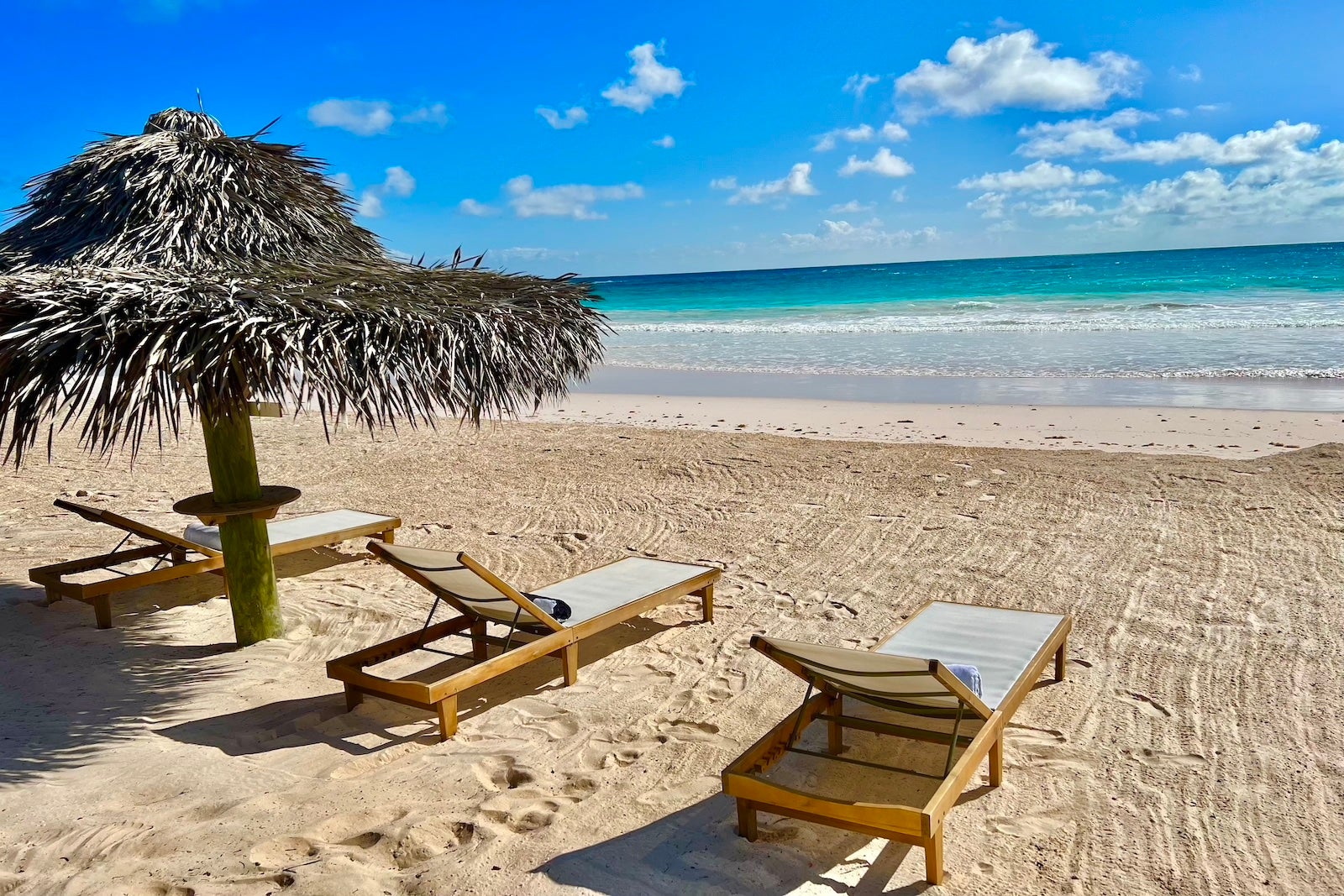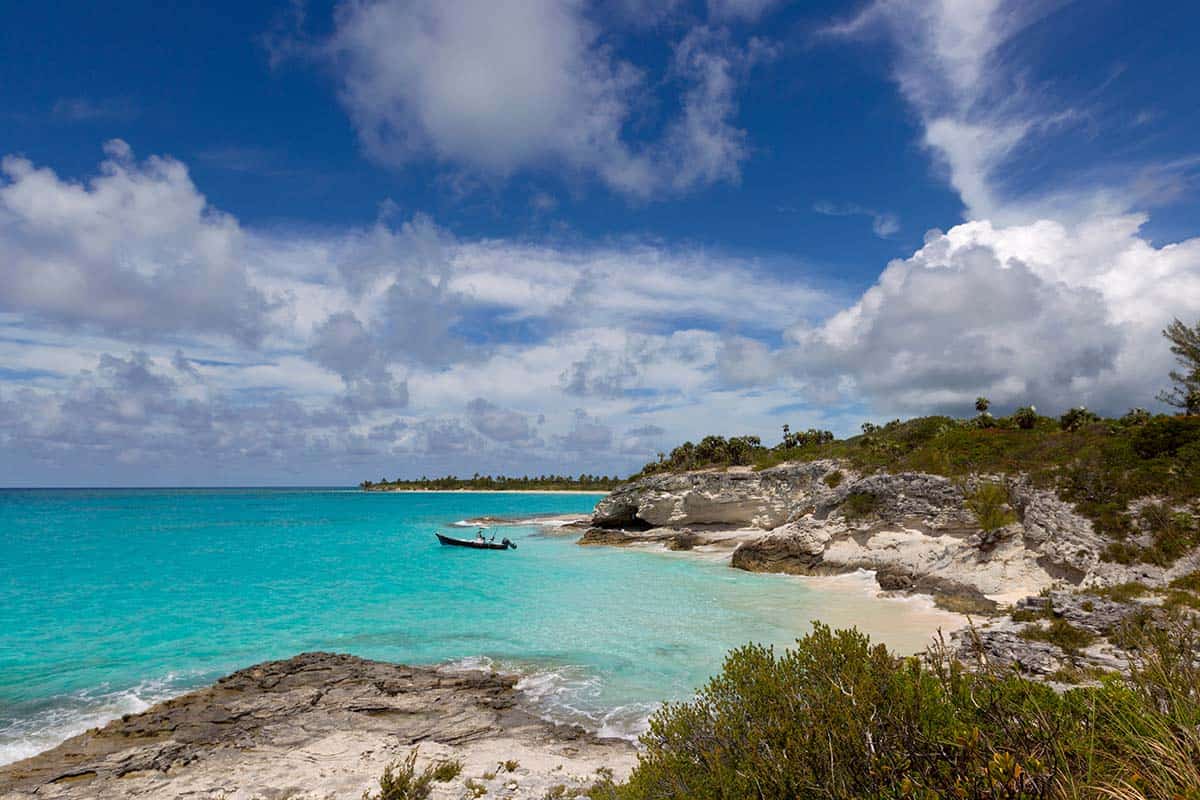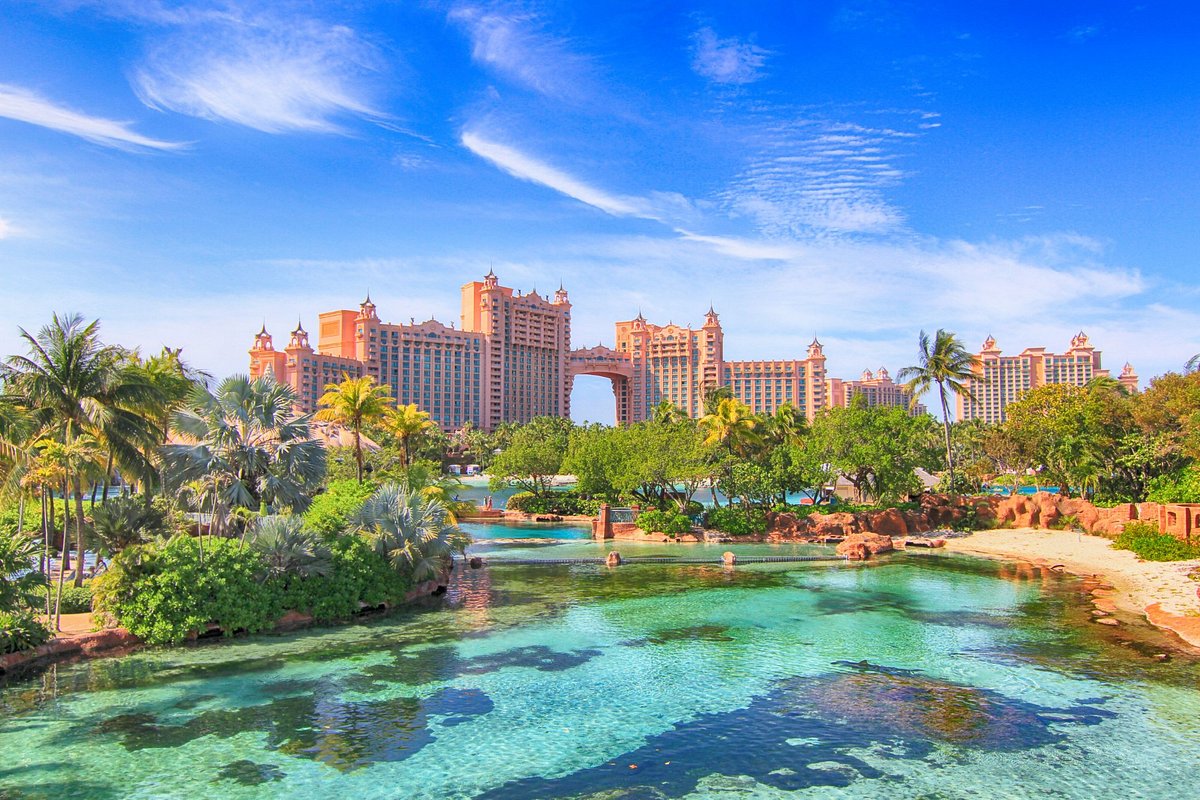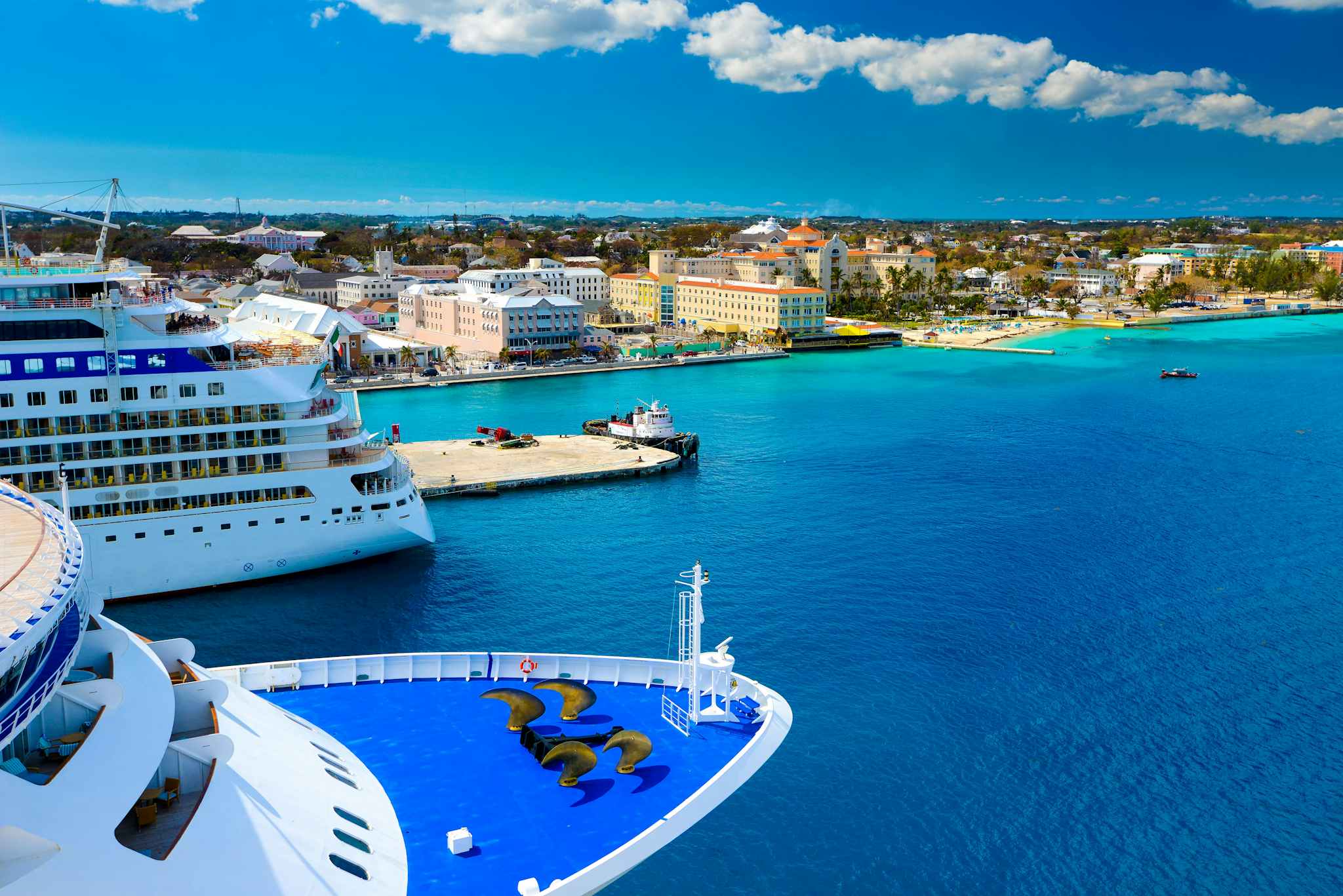Incorporate A Company In Bahamas In 2025.

Introduction
The Bahamas, an alluring Caribbean archipelago of over 700 islands and 2,400 cays, is celebrated for its turquoise waters, stunning beaches, and vibrant culture. Located just 50 miles from Florida, this tropical paradise offers a unique blend of relaxation, adventure, and rich Bahamian heritage. With only about 30 inhabited islands, Nassau on New Providence Island serves as the capital, while Free-port on Grand Bahama Island is the second-largest city.
Standard of Living in the Bahamas
The Bahamas boasts one of the highest standards of living in the Caribbean, supported by a thriving tourism industry, a stable government, and a robust financial services sector. Quality of life is particularly high in urban areas like Nassau and Freeport, though housing, healthcare, and daily costs vary across the islands.
:max_bytes(150000):strip_icc()/TAL-aerial-paradise-island-nassau-bahamas-BAHAMAISLE1023-f69e81a9898c4666ba54594dbebfa457.jpg)
Housing options range from luxury properties in popular areas like New Providence and Paradise Island to more affordable alternatives on smaller islands. Renting can be pricey, with single-bedroom apartments in Nassau averaging $1,000 to $2,500 per month.
Healthcare is available through both public and private options, with the latter often preferred by expatriates and higher-income residents seeking premium services. Education is comprehensive, with public and private schools widely accessible and numerous international schools for expatriate families. Higher education is provided by the University of the Bahamas, although many students pursue studies abroad.
Living expenses can be high due to import taxes and transportation costs, especially for goods like electronics and certain foods. Utilities, too, are costly, but solar power is increasingly used as a sustainable option.
Personal Taxes in the Bahamas
The Bahamas is renowned for its tax-friendly environment, attracting high-net-worth individuals and expatriates eager to maximise financial savings.
1. No Personal Income Tax
A primary attraction is the absence of personal income tax, meaning income earned locally or from international business activities is not taxed at a personal level. This policy boosts disposable income for residents, allowing them a higher standard of living without income deductions.
2. No Capital Gains Tax
The Bahamas exempts residents from capital gains tax, making it beneficial for investors in real estate, stocks, and other assets. This allows wealth growth without tax liabilities on profits, making it a preferred location for asset holders.
3. No Inheritance or Estate Tax
Residents benefit from no inheritance or estate tax, enabling wealth transfer to heirs without additional tax burdens. This is especially attractive for high-net-worth individuals looking to protect and pass on generational wealth.
4. Customs Duties and VAT
To generate revenue, customs duties and a 12% Value Added Tax (VAT) apply to goods and services. Customs duties vary, ranging from 0% to 220% based on the item type. These indirect taxes help offset the absence of direct income taxes.
5. Property Tax
Property tax rates are relatively low. Owner-occupied homes have a $250,000 exemption, with rates up to 1% for properties over $500,000. Non-Bahamians may also be subject to this tax if their property is not occupied year-round.

Corporate Taxes in the Bahamas
The tax-friendly corporate tax regime in Bahamas is structured to attract foreign investments, and it plays a pivotal role in making the Bahamas a favourable offshore financial centre.
1. No Corporate Income Tax
The Bahamas does not impose corporate income tax on businesses, which is highly appealing for both local and international companies, allowing businesses to maximise profits and reinvest in growth without the burden of income taxes. Many foreign companies set up operations or subsidiaries in the Bahamas, using it as a base for international transactions and asset management.
2. No Capital Gains or Withholding Taxes
The absence of capital gains tax in the Bahamas provides companies with flexibility to sell and transfer assets without additional tax burdens, which is especially advantageous for companies involved in asset management and investment services. Similarly, the Bahamas does not impose withholding taxes on dividends, royalties, or interest, making it an ideal jurisdiction for companies that prioritize shareholder returns and wealth preservation.
3. Indirect Taxes
While there is no corporate income tax, businesses are subject to indirect taxes like Value Added Tax (VAT) and import duties. The VAT rate in the Bahamas is 12%, applied to most goods and services. Import duties with rates varying depending on the type of goods being imported. Companies involved in trade or relying on imported goods may find these indirect taxes to be significant, yet manageable given the overall tax-free environment for income.
4. Incentives for Certain Industries
The Bahamian government provides incentives to specific sectors, particularly tourism, manufacturing, and agriculture, to stimulate economic growth and job creation, which may include duty exemptions, long-term leases, and waivers on certain fees, encouraging businesses to invest locally.

Major Industries in the Bahamas and Opportunities for Expats for Business Growth
The Bahamas’ economy is powered by a diverse range of industries, with tourism and financial services at the forefront, driving GDP growth and employment. Here’s a closer look at the country’s key sectors:
1. Tourism
Tourism is the dominant sector, contributing nearly 60% to the Bahamas’ GDP and employing more than half of its population. Each year, millions are drawn to the Bahamas’ beautiful beaches, luxury resorts, eco-tours, water sports, and cultural experiences, and water-based activities like snorkeling, diving, and sailing. Continuous investment in infrastructure—airport expansions, marinas, and entertainment facilities—fuels ongoing growth in tourism.
2. Financial Services
As a premier offshore financial hub, the Bahamas benefits from favourable tax policies and strict financial privacy laws, making it ideal for banking, insurance, investment, wealth management, investment advisory, and financial consulting firms.
3. Real Estate and Property Development
The Bahamian real estate market thrives on demand from high-net-worth individuals seeking luxury residences, vacation properties, and investment opportunities. Foreigners can own property without residency, and the Bahamas Real Property Tax Act provides tax incentives to international buyers, attracting a steady flow of real estate investors.
Expats can explore property development, rental services, and brokerage firms to tap into this growing market. With extensive coastlines and vibrant marine life, the Bahamas is ideal for businesses related to yachting, diving, fishing, and water sports.
4. Agriculture and Fisheries
Though smaller, agriculture and fisheries are essential for local employment and food supply. The Bahamas produces tropical fruits and is recognised for its fishing industry, particularly exports of lobster and conch.
5. Manufacturing
Manufacturing in the Bahamas is emerging, focusing on food, beverages, and building materials. Niche industries like rum production also contribute to exports.

Inflation and Cost of Living in the Bahamas
The cost of living in the Bahamas is relatively high compared to other Caribbean nations, driven largely by import dependency and inflationary pressures. Let’s take a look.
1. Inflation Trends
The Bahamas has experienced moderate inflation in recent years, with fluctuations primarily due to global economic conditions, supply chain disruptions and The COVID-19 pandemic, leading to increased import costs, particularly for essentials like fuel and food, pushing inflation higher in the short term.
2. Cost of Living
Housing is a significant contributor to the cost of living, with rental rates in areas like Nassau and Freeport being especially high. Utilities, such as electricity and water, can be costly, given the island’s reliance on imported fuel for energy production.
3. Daily Expenses
For residents, groceries can be quite expensive, with fresh produce and dairy costing significantly more than in countries with more robust domestic agriculture. Dining out, entertainment, and transportation also add up, although the quality of life is enhanced by the scenic beauty and relaxed pace.

Overall, the Bahamian cost of living is on the higher end, yet many find it worthwhile given the beautiful environment, welcoming community, and tax advantages that the Bahamas offers.
Types of Business Entities in the Bahamas
The Bahamas offers a flexible range of business entities to meet different operational needs. Here’s an overview of the primary options:
1. Sole Proprietorship
A sole proprietorship in the Bahamas is a business structure where a single individual owns and operates the business.
2. Partnership
Partnerships in the Bahamas are structured as either general or limited partnerships. In a general partnership, all partners share equal responsibility and liability, while limited partnerships allow some partners to have limited liability based on their investment share, with general partners managing the business.
3. Company Limited by Shares
This structure is commonly used for larger businesses. A company limited by shares operates as a separate legal entity, offering liability protection to its shareholders. The company is authorized to raise capital through shares, and shareholders are liable only for the amount of their investment.
4. International Business Company (IBC)
The IBC is tailored for international investors and business activities outside the Bahamas. As a highly tax-efficient structure, IBCs benefit from income tax exemptions on earnings generated outside the Bahamas. However, IBCs are prohibited from doing business within the country’s borders, making them suitable for foreign trade, investment, and wealth management.
5. Limited Liability Company (LLC)
LLCs in the Bahamas blend the benefits of corporations and partnerships. They provide limited liability for owners while offering tax flexibility, as profits can pass through to members without incurring corporate income tax.
6. Non-Profit Organization
Non-profits, established for charitable, educational, or religious purposes, can be set up with tax exemptions on revenue related to their mission. This is an ideal structure for philanthropic ventures, as it helps facilitate fundraising and tax benefits.
Citizenship for Expats in the Bahamas
For expatriates interested in longer-term residence or citizenship in the Bahamas, there are a few available pathways:
1. Permanent Residency by Investment
The Bahamas offers permanent residency to expats who make significant real estate investments, usually above $750,000. For those investing $1.5 million or more, applications are often prioritised, providing a quicker route to permanent residency.
2. Work Permits and Temporary Residency
Expats with employment or business contracts can obtain work permits, allowing them to live and work in the Bahamas. These permits are renewable and provide a pathway to longer-term residency for expats who want to establish a base in the Bahamas for business purposes.

3. Citizenship
After residing in the Bahamas for at least 10 years, expatriates may apply for Bahamian citizenship. However, the application process is selective, and expats must demonstrate community engagement, a clean record, and financial stability.
Why Register a Company in the Bahamas?
Registering a business in the Bahamas is attractive for several reasons:
Tax-Free Environment
The Bahamas has no corporate income tax, capital gains tax, or personal income tax. This tax-free status allows companies to maximize their profits, offering a clear advantage for business owners.
Business Privacy and Confidentiality
Bahamian law protects the privacy of company shareholders and directors, making it an appealing destination for those seeking discretion in business dealings.
Asset Protection
Bahamian laws provide asset protection, which can safeguard assets from potential lawsuits or other financial risks, particularly beneficial for high-net-worth individuals.
Ease of Company Registration
The process of setting up a business in the Bahamas is streamlined, with a supportive regulatory environment that attracts foreign investors. Government incentives, especially for industries like tourism and manufacturing, add to the benefits of establishing a business here.
Stable Political and Economic Environment
The Bahamas has a stable government and a well-developed infrastructure, offering a secure environment for business operations and investments. Its proximity to the U.S. further enhances its strategic appeal.
How to Register a Company in the Bahamas
Setting up a company in the Bahamas is a straightforward process, especially with the help of a local agent. Here’s how it’s done:
Choose a Company Name
Submit a proposed company name to the Registrar General’s Department for approval to ensure it’s unique. The name must comply with Bahamian naming regulations, avoiding restricted words like “Bank” or “Insurance” unless licensed.
Prepare Incorporation Documents
Draft and submit necessary documents, including the Memorandum and Articles of Association, outlining the company’s structure, purpose, and operating rules. Details of directors and shareholders must be included.
Appoint Directors and Shareholders
Companies must appoint at least one director and shareholder, who may be individuals or corporate entities. Expats often use nominee directors to ensure confidentiality.
Register a Local Office
Each company must have a registered office within the Bahamas, where official documents and notices are kept. This can be facilitated through a local registered agent.

Pay Registration Fees
Registration fees vary based on the company type and size but are generally affordable. Payment of government fees is necessary to finalize incorporation.
Obtain a Business License
After incorporation, companies must apply for a business license from the Department of Inland Revenue. This license is essential for legal operations and must be renewed annually. The entire registration process usually takes a few business days, and using a local agent can help expedite the setup process for expats.
Relation with Other Countries in the Bahamas
The Bahamas has cultivated positive relationships with various nations. These relationships enhance trade, tourism, and diplomatic support.
United States
The U.S. is the Bahamas’ largest trading partner, with most goods imported from American suppliers. The Bahamas also relies on the U.S. for tourism, as a significant percentage of visitors are American. Both countries share strong diplomatic and security ties, with the U.S. Embassy based in Nassau.
United Kingdom
As a member of the British Commonwealth, the Bahamas has close cultural and political ties with the United Kingdom. The Bahamas maintains mutual respect and cooperation with the UK in trade, education, and tourism.
Caribbean Community (CARICOM)
The Bahamas is a member of CARICOM, a regional organization that promotes economic integration and cooperation within the Caribbean. This membership strengthens trade and diplomatic relations with neighboring Caribbean nations. These international relationships contribute to a stable economic and political environment, making the Bahamas a safe and appealing place for investment and residency.
Other Taxes in the Bahamas
Although the Bahamas is tax-free in terms of income and corporate taxes, several indirect taxes contribute to government revenue:
Value Added Tax (VAT)
VAT is set at 12% and applies to most goods and services sold domestically. Businesses reaching a certain revenue threshold must register for VAT and remit it to the government.
Property Tax
Property taxes apply to real estate, with an exemption for the first $250,000 of owner-occupied property. Rates increase based on property value, with a maximum of 1% for properties valued above $500,000.
Import Duties
Import duties generate significant revenue due to the Bahamas’ dependency on imported goods. Rates vary depending on the type of goods but can range from 0% to 220%.
Stamp Duty
Stamp duty is applied to the transfer of real estate and certain legal documents, typically set as a percentage of the transaction’s value.
Business License Fees
All businesses operating in the Bahamas are required to obtain an annual business license, with fees calculated based on revenue and industry type.
Weather and Climate
The Bahamas enjoys a tropical climate with warm temperatures year-round, making it an ideal location for those who love sunshine. However, the Bahamas is in the Atlantic hurricane belt, and hurricane season runs from June to November. Residents are well-prepared, with a reliable infrastructure for hurricane response and community awareness programs in place to handle potential storms effectively.

Regional Safety and Security
The Bahamas maintains a high level of safety and security, especially in popular tourist areas like Nassau and Paradise Island. Law enforcement is visible, and there are strong security measures in place for both residents and tourists. While petty crimes such as theft can occur, particularly in crowded areas, the government actively works to maintain a secure environment, making the country one of the safer Caribbean destinations. For expatriates and tourists, general safety practices, like avoiding isolated areas at night and safeguarding valuables, are recommended to ensure a pleasant stay.
Passport Power of the Bahamas
The Bahamas passport is one of the most powerful in the Caribbean, allowing Bahamian citizens visa-free or visa-on-arrival access to over 150 countries, including the United Kingdom, Canada, and members of the European Union’s Schengen Area. This global mobility makes the country passport highly valuable, offering citizens extensive travel freedom without the usual bureaucratic barriers. As part of the British Commonwealth, Bahamian passport holders also enjoy certain benefits in Commonwealth countries, enhancing the appeal of Bahamian citizenship.




